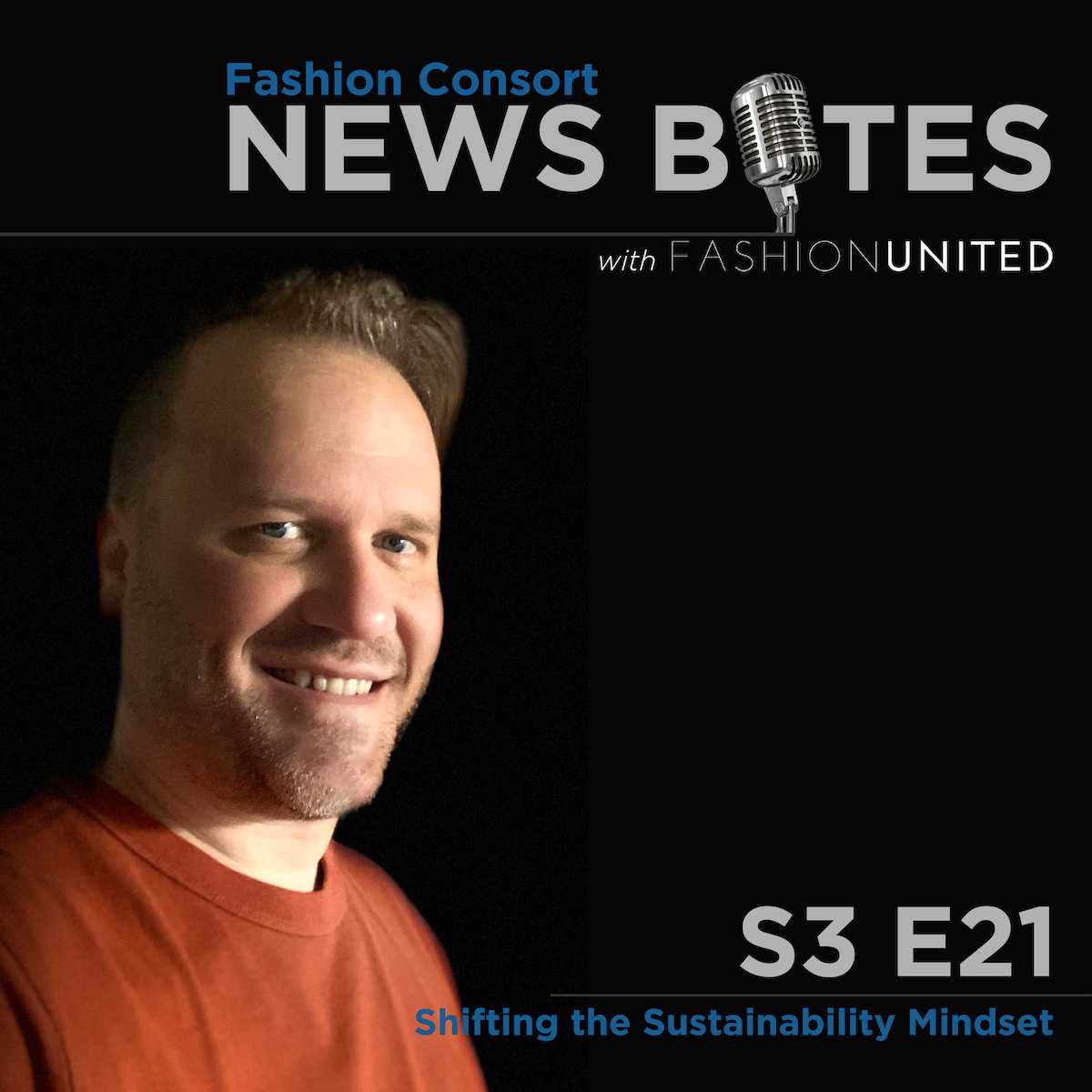Shifting the Sustainability Mindset
In this episode, Shifting the Sustainability Mindset, we discuss the change in how sustainability is being approached from both a collective and individual issue.
Sustainability in the fashion industry is the topic du jour, and rightfully so. The adverse effects of fashion on our environment and on humans themselves cannot be overstated. Over the past ten years, this topic has shifted from the world of academia and NGOs to business and consumers. In fact, consumers now identify sustainability as one of the key criteria for determining which brands they shop, forcing brands to adapt. And yet, the reality is far more complex. Just because consumers say sustainability is important pertaining to their shopping habits, doesn’t mean that it truly makes a difference at point of sale. And just because brands say they are sustainable, doesn’t mean they are in practice.
Values are often separate from action--because values can be hard to pin down or define quantitatively, and because they are contextual. But rather than giving up, it’s a reminder that more education is needed, and that knowledge will empower brands and consumers to make more informed and sustainable choices and demand ongoing change.
Maria Soubbotina, a graduate student and research assistant at Parsons School of Design, focuses her time on parsing how people use language as it pertains to fashion and retail. And for the past year, she has been deciphering the conversations happening at our sister podcast, “Retail Revolution.”
“Over the past year, I’ve noticed a shift in how retail issues, including sustainability, are discussed. Sustainability, in general, was primarily a catch-all conversation for anything wrong with the fashion industry, or it was specifically referring to the effects of fashion production on the environment. And rightfully so, since that is a large part of it. For example, water pollution is just one part of the environmental aspect and 20% of industrial water pollution comes from textile manufacturing.”
But now, she says, the pandemic has begun to shift the language around sustainability towards the effects on the individual. For example, the extent of the impact that chemicals and dyes used to create clothing have on our skin. “Around 8,000 chemicals are used to turn raw materials into clothing, but the average consumer wouldn’t be able to name even one chemical that’s used in the production process, because it’s not something that’s discussed as frequently.”
Maria uses cotton as an example, wherein the pesticides and chemicals often used in growing and finishing cotton, have a particular odor. “That ‘new clothes smell’ we like as consumers, comes from chemicals like formaldehyde, used in the finishing process of a garment to make them wrinkle free or wrinkle resistant, or to give them a particular look or sheen.” She emphasizes, “Formaldehyde is a carcinogen, which is a substance capable of causing cancer as well as causing headaches and skin irritation.” Maria believes that by focusing on issues that have real consequences to customers may move the conversation away from “just talk” to real action.
From a brand perspective, Maria focuses on technology and its ability to resolve issues within the complex, global supply chain that the fashion industry relies on. “A conversation that stuck out to me on Retail Revolution was with Paul Magel, President of Business Applications & Technology Outsourcing division at CGS. Paul mentioned that sustainability can be achieved from the beginning to end, especially with the right technology. But, he says, it all starts with the supply chain, because it’s a chain of events and it’s the chain of partners across all of the different areas of control in the supply chain process, that are spread out across the world. If one partner is not being transparent about their processes then you don’t have full visibility, and you’re only as strong as your weakest link.” And Maria emphasizes that when brands solve supply chain problems, there is also the potential to provide customers with a more nuanced brand narrative. “Now, consumers want more personalization and they want to shop from brands that are biodegradable, traceable and made by people who are paid fair wages - all of which are things that need to be articulated through the brand’s messaging, setting them apart from their competitors.”
Sustainability is a complex issue--far more than a buzzword. It requires ongoing learning, adaptation and incremental change. “No matter if you’re a fashion professional or a consumer, sustainability all starts with educating yourself. Read articles and books, tune in to sustainability webinars, conferences and podcasts, or join live conversations with industry professionals on social media platforms.”
You can listen to the conversation with Paul Magel and many others on the “Retail Revolution” podcast available on all streaming platforms.


